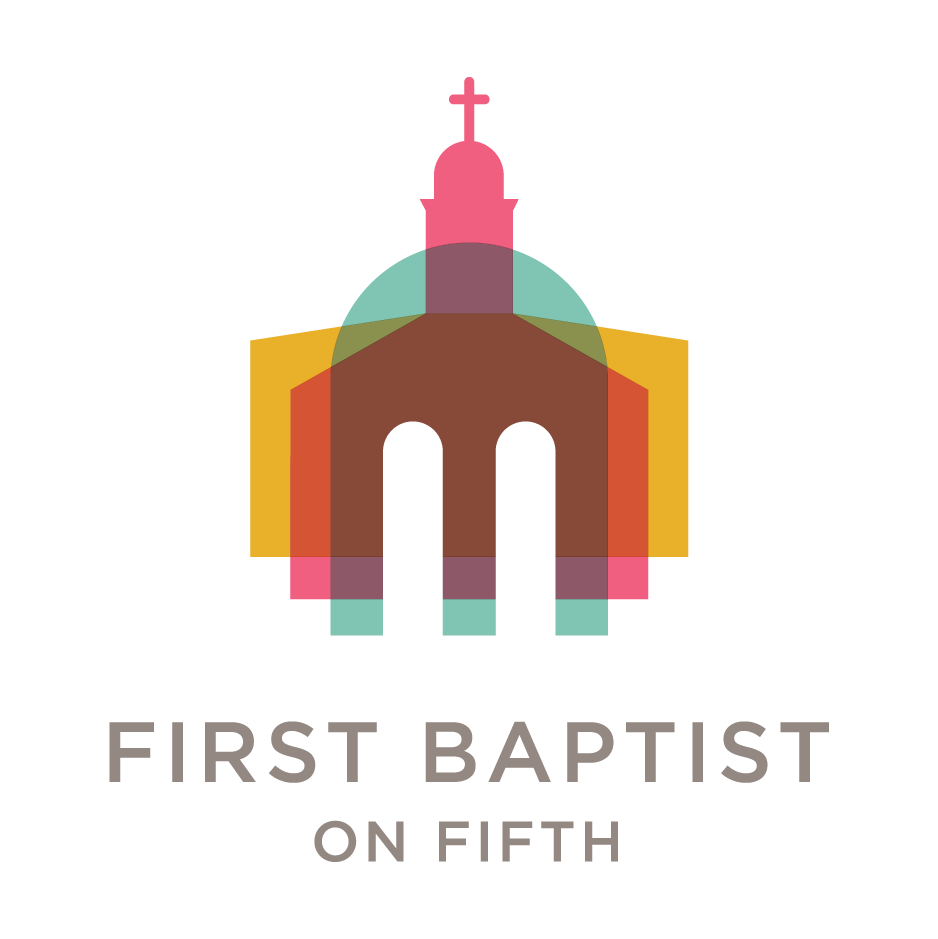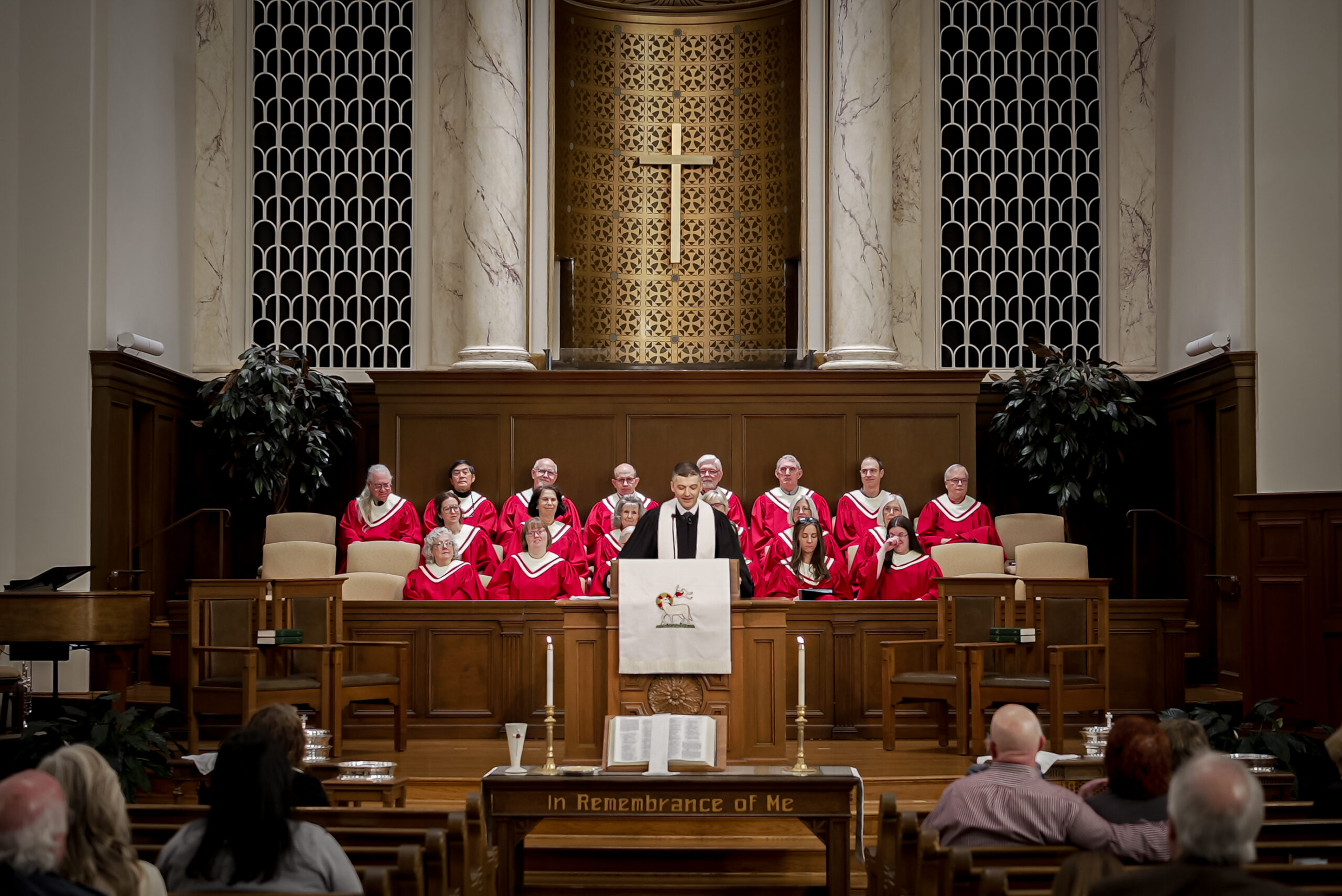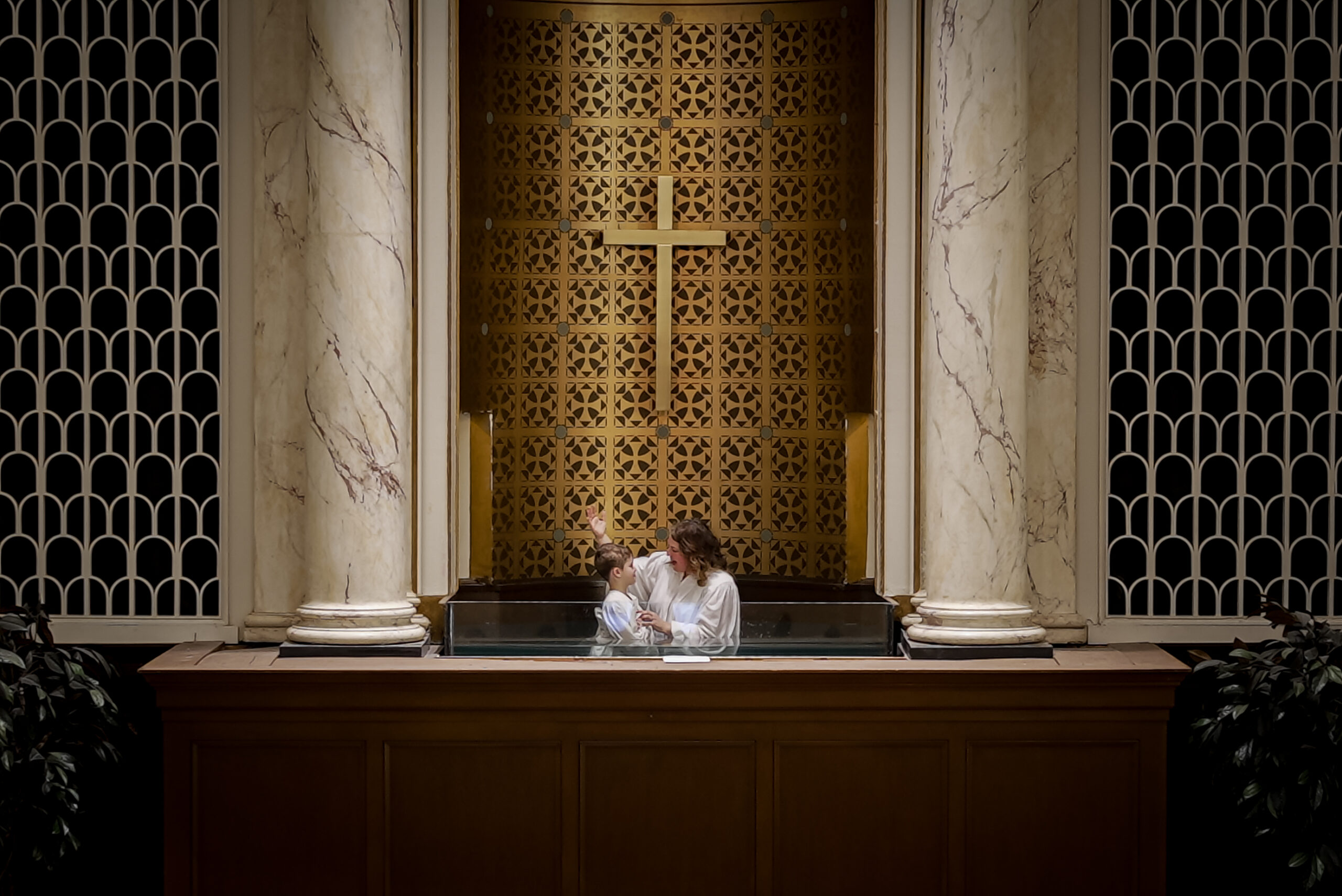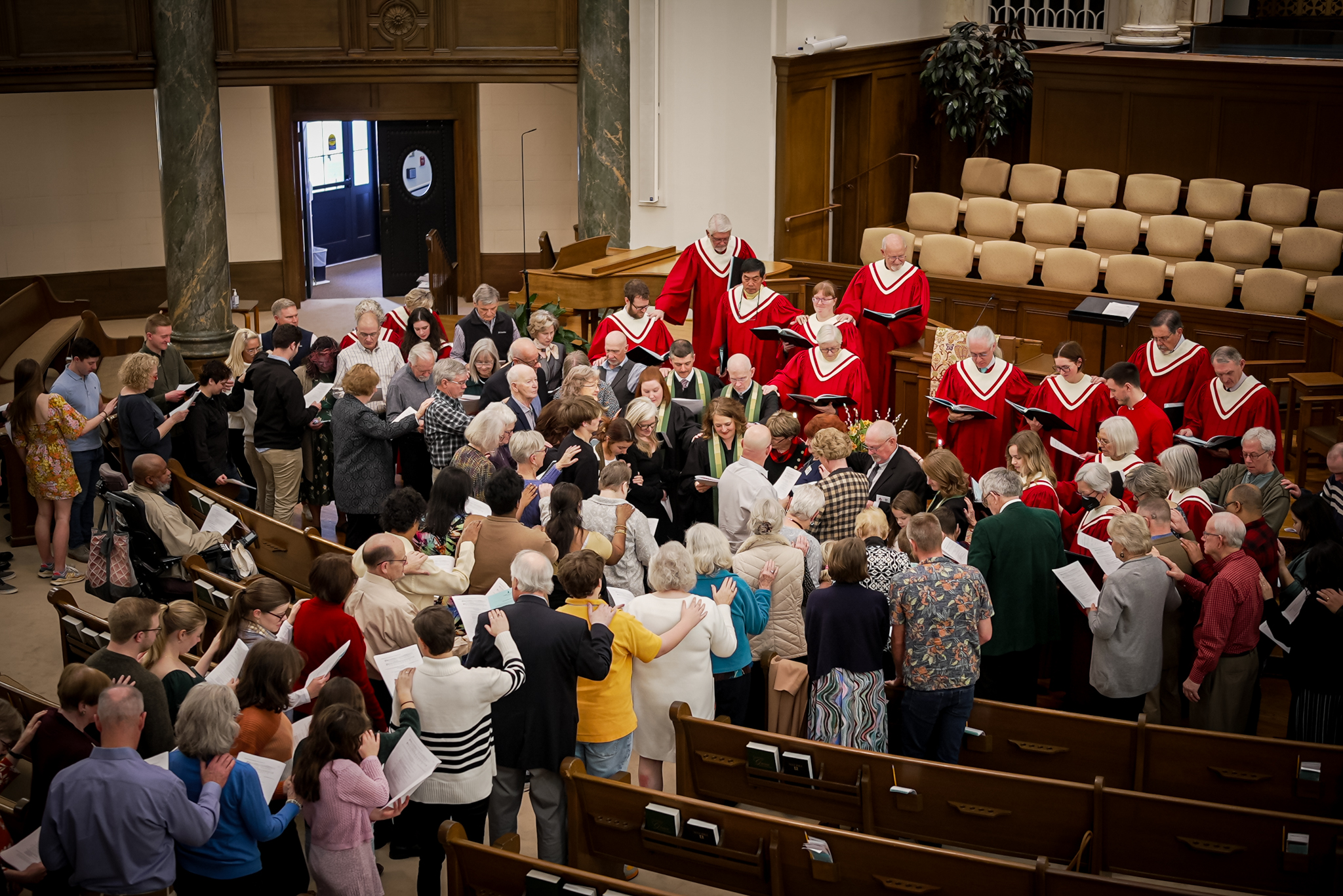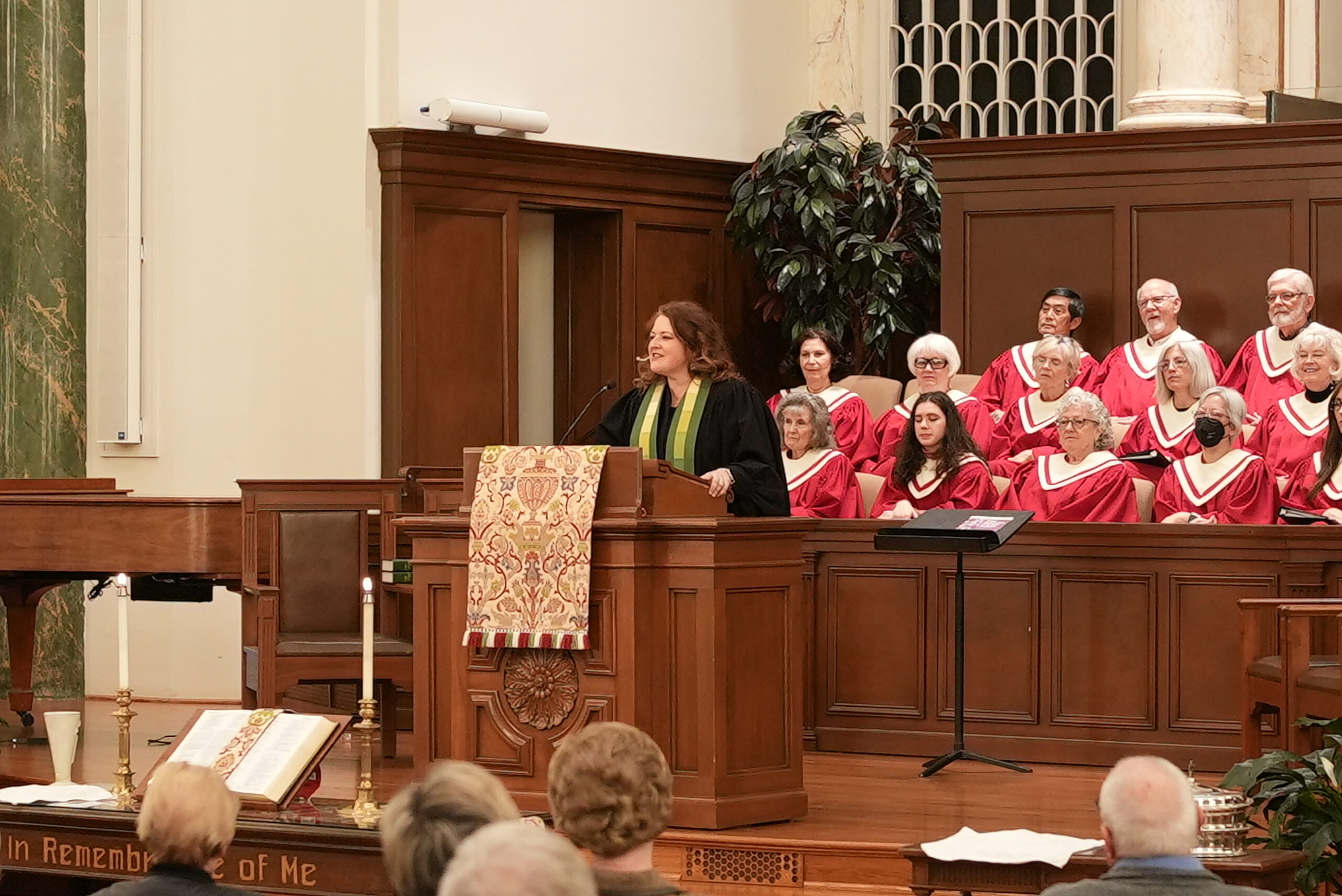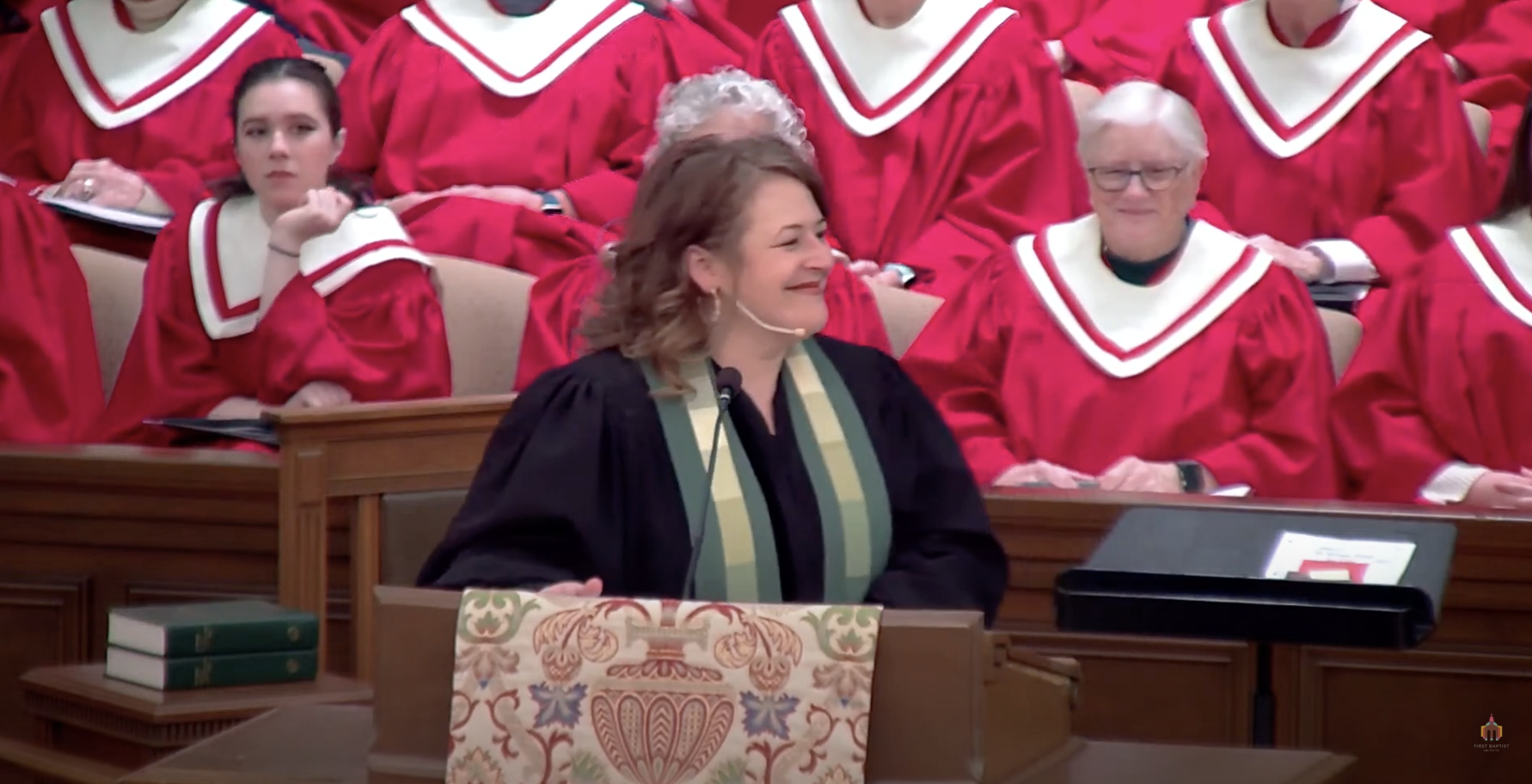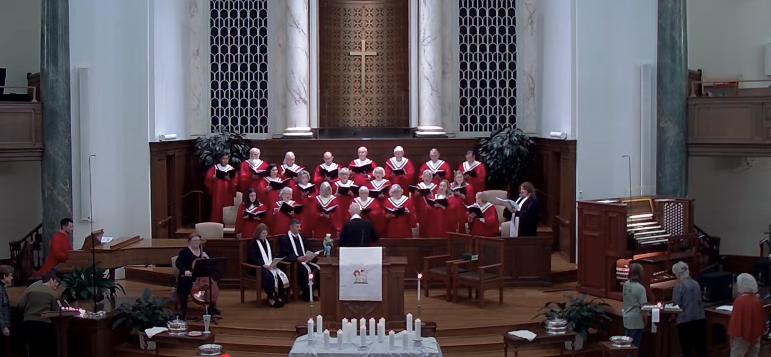I.Among the top 25 most-watched TED talks ever is one called “what makes a good life?”1 In it, researcher and psychiatrist Robert Waldinger reflects on the Harvard Study of Adult Development, of which he directs, which is a 75-year study of a group of 724 men through their life, perhaps the longest study of its kind. The study began in 1938; half the group were sophomores at Harvard College that year, and many went on to serve in World War Two upon graduation. The other half were from Boston’s poorest neighborhood – tenement housing without running water – specifically chosen because of the disadvantages present in their home life and context.
As the study began, they were all given the same medical exams, same interviews, same home study. Over the years, these teenagers have grown into adults with all sorts of career paths: factory workers, lawyers, bricklayers, doctors, one President of the United States, several alcoholics, and a few with schizophrenia. Every two years, this group of men are asked another round of questions about their lives by researchers who come to their homes, interview their families, get medical records from their doctors, perform medical exams, the whole workup. The study continues to this day! And wouldn’t you know it: the clearest message they continue to receive from this 75-year study is not about money or fame or youth or power, not about achievements or supplements, not about jobs or houses or anything else that our culture tells us are ingredients to the good life. Rather what they’ve seen time and time again is this: Good relationships keep us happier and healthier.
When people are more connected to family, friends, community, neighbors in meaningful relationships, you see, they’re happier and healthier. When people experience chronic loneliness, they live shorter, sicker lives. But when people are in relationships that matter – not perfect ones, of course, but relationships where they feel safe and seen, relationships where love grounds and guides them, their lives are good, long, healthy, and meaningful.
II.What makes a good life? It’s a question we might consider anytime, but perhaps more directly at the turn of a year, in the face of change or transition, when disaster strikes and loved ones leave us, which makes a rather ordinary winter precisely the time to think about it. Over these winter weeks ahead, we’ll unpack the good life in light of the goodest liver of life, Jesus of Nazareth, amidst the season of Epiphany when we learn how Jesus is God revealed.
The story of Jesus’ baptism is recorded in the first three gospels; John was likely too worried that this story would threaten Jesus’ divinity, having him washed alongside regular old sinners, you know. Pieces of today’s text from Luke sound recently familiar to us, don’t they? For it was just weeks ago as we prepared for the birth of Jesus that we read about John the Baptist, his voice in the wilderness crying out to point us to the coming Christ. We hear John again today: “I baptize you with water,” John says to the people around him on the riverbank, “but one who is more powerful is coming, one who will baptize you with the Holy Spirit and with fire.” As if to say, this baptism will cleanse you, but Jesus’ baptism will transform you.
Luke doesn’t give us lots of specifics of how Jesus got in the water, where the baptism occurs, or even who does the baptizing. It’s as if Luke wants the hearers’ focus squarely on what happens next in three parts: “The heavens were opened,” “the Holy Spirit descended,” and “a voice came from heaven.” And what does the voice say? Speaking personally to Jesus (and not publicly in an announcement to the crowds as in Matthew), we hear God call and claim, words of affirmation and belovedness falling in beauty like a fresh snow: you are my Son, the Beloved; with you, I am well pleased.
There’s so very much we can unpack in this text, but where I want us to rest for these moments together is that a good God knows that for a good life, belovedness matters most.
III.We don’t need a Harvard study to tell us that, but we do need reminding. Let’s be reminded that before Jesus’s ministry begins, God wraps him in words of blessing and belovedness. Henri Nouwen says, “A blessing touches the original goodness of [another] and calls forth [their] Belovedness.”2 The achiever in me loves that this blessing God extends to Jesus happens before he does anything! Before the miracles, before the crowds, before the changing of the world, before Jesus does a single thing to earn favor with God, God looks upon him and says, “you are my beloved!”
And then before Jesus’s ministry begins, his very first act of relationship with us was to wade in the water with the very people he came to liberate, as a friend of mine says, “to risk guilt by association with all the sinners waiting in line.”3 For the God who came to dwell among us in Jesus means that God comes and gets “in the river with us, in the flesh with us, in the sorrow of repentance and the joy of new life with us.”4 Thus it is there, in the waters that cleanse and give life, we return to God, and thus return to the deepest truth we’ll ever know — that each and every one of us is God’s beloved child, deserving of unconditional, unending love and in whom God delights.
God to Jesus: beloved. Jesus to us: beloved. God to us through Jesus: beloved. For God did not enter this world because the world was in need of fixing; rather, God entered this world because the world was in need of loving. Jesus didn’t enter the waters because we the people needed to be judged; rather, Jesus entered the waters because we the people needed to be loved. Bound up in the goodness of these relationships, we can’t help but to leave these waters with words of the good life on our lips: I am beloved!
IV.So what does this truth mean for the good lives we live? Why do we struggle so much to believe our belovedness, fooling ourselves with lives questing after money and fame and youth and power? What keeps us from the capacity to extend the gift of belovedness to each other?
I trust we’ve all watched and listened with grief and horror about the wildfires devastating the California coast. Just this week, country music singer LeAnne Rimes posted on Threads about the fires in Los Angeles, saying, “I think I have a new litmus test when buying anything…. “would I save this in a fire?” Imagine going through, even just one year with that question in mind… I think I’d hardly buy anything at all!”5 That’s the thing about fires – they essentialize our living. They whittle down what matters most to the people and items inherent to survival, to looking back with gratitude and forward with hope. And on this day when ice is keeping us home, perhaps this essentializing might be elemental.
For the connection between fire and water stretches back to the very beginning. “When you pass through the waters, I will be with you,” the Lord says in Isaiah 43. “When you walk through fire, you shall not be burned.” And from the psalmist in Psalm 29: “the voice of the Lord is over the waters; the voice of the Lord flashes forth flames of fire.” And from Luke: “I baptize you with water,” John we call the Baptist says, “… but he will baptize you with the Holy Spirit and fire.” All these texts, you see, gathered together by the lectionary to consider on this second Sunday of January.
But fire isn’t the only element that essentializes; water does too. Baptism particularly. For what we find in the water isn’t magic. The water doesn’t save us, Jesus does. The water doesn’t cleanse us, the Spirit does. The water doesn’t claim us, God does. But the water baptizes us with the fire of essentializing. For in baptism, we are gifted with blessing from our good God knows that for a good life, belovedness matters most.
V.One can’t talk about the good life – particularly as Baptists, particularly this week – without talking about President James Earl Carter Jr., who we call Jimmy. If Baptists had saints, Jimmy Carter surely would be one of ours. I bet a host of us watched his state funeral – or at least have caught clips of it online. Because one right after the other – from family to friends, fellow presidents to former rivals, colleagues and so many in between – person after person spoke of Carter’s good life. Peanut farmer in Plains, Georgia. Nuclear engineer who didn’t know how to use a cell phone. Eradicator of disease. Builder of homes. Wager of peace. Author of stories. Unsatisfied with a quest for money or fame, youth or power, Jimmy Carter lived a life of goodness, not just because of all the profoundly good things he did, but because of the profoundly good man he was. And wouldn’t you know it, being the most powerful man in the world wasn’t the highest expression of that goodness. Rather, his relationships were, Rosalynn chief among them.
Perhaps it’s the Baptist in me, but I have to think that Jimmy Carter lived a good life, because he loved and served a good God who knows that for a good life, belovedness matters most. Jimmy Carter knew like Jesus knew before him and countless around him, that he was beloved of God. That this original blessing mattered more than any other accolade or award he’d ever achieve. That belovedness was most essential. And the fruit of his baptized and beloved life was fruit that nourished millions of people.
Friends, on this icy Sunday morning – when fires rage and waters roar, when the year turns and change lies around every corner, might we know at the heart of it all is our belovedness. That’s our first identity. It is the truest story about us: truer than our sufferings or successes, truer than anything else flooding our minds and hearts and bodies and spirits. And it is the best gift of a good life. In our baptism, we are birthed into new life, just as our lives were formed in the waters of a womb, so too will our new life in Christ be formed in the waters of baptism. In our baptism, we experience, as our Baptist friend Bill Leonard says, “an outward sign of an invisible grace,” the waters themselves symbolizing the goodness and mercy of God in Christ which washes clean the dust of our sin. In our baptism, we are united with people in boundless love: across race or resources, gender or generation, continent or creed. In our baptism, a particular kind of identity and life flows out, one that is primary before all others, even identities that matter deeply in our understanding of the world.
Because from the very beginning until the very end, you belong to God. There is never a moment that God does not see you and know you as their beloved child. Nothing you have done or left undone has or will ever take that belovedness from you. Your belovedness: this is the main story. This is your best identity. This is most essential in life. It’s in the water. So live the good life there! Live right there under the waters of your baptism with Christ and your belovedness of God.
And as you do, may you hear the voice of God again and again saying to you: “you are my child, the beloved, in whom I am well pleased.” Amen.
